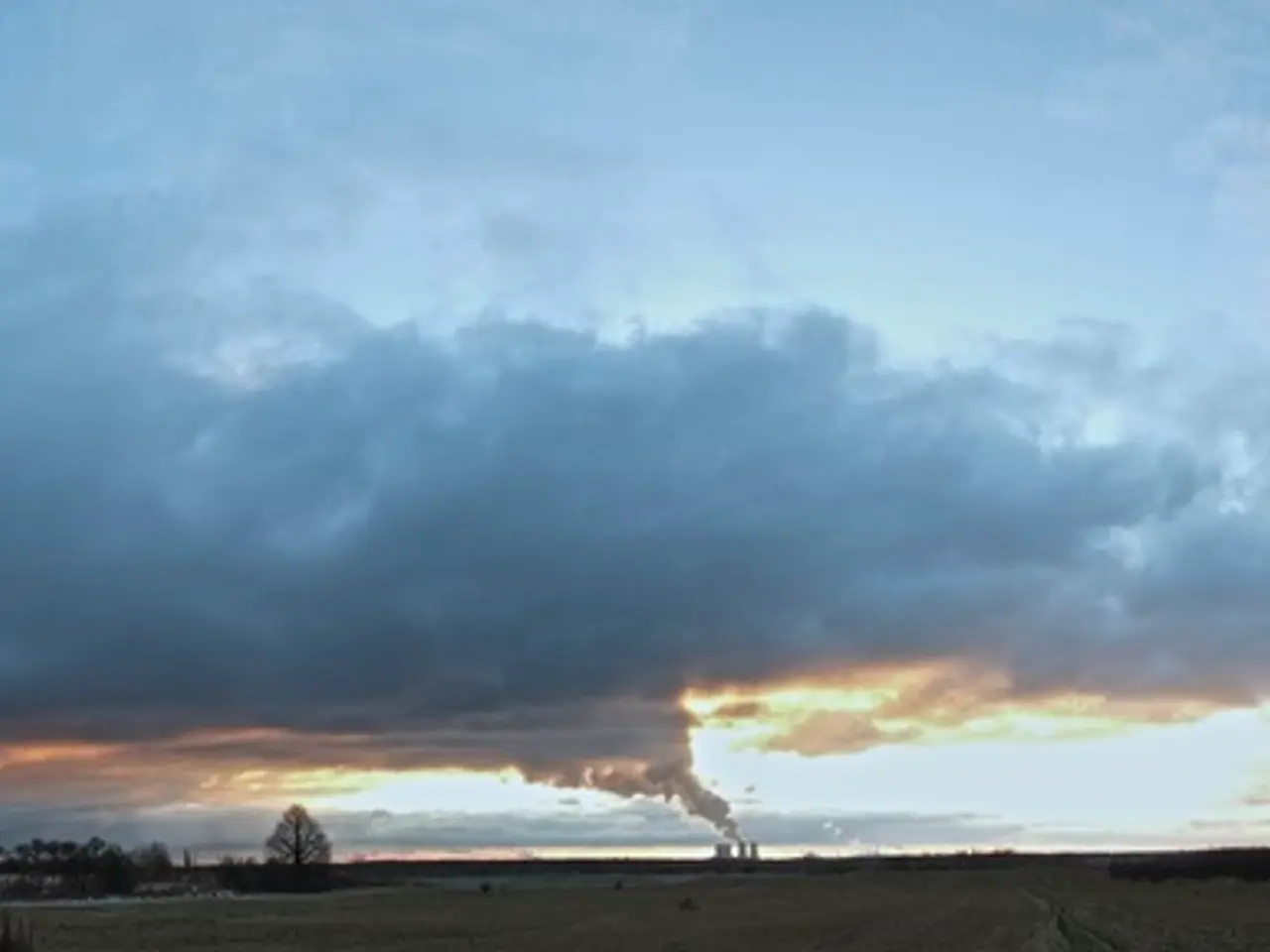Sweltering southern Ontario braces for another heat wave, as humidity pushes temperatures above 40 degrees Celsius.
Heat Wave Hits Southern Ontario: Stay Safe Amid High Temperatures
Southern Ontario is bracing for a heat wave this weekend, with daytime highs expected to be between 30 and 33°C, and humidex values exceeding 40°C [1][2][3][4]. This extended period of high temperatures could make it memorable and potentially dangerous for some people.
To ensure safety during this heat wave, Environment Canada, local health authorities, and the National Weather Service have issued the following guidelines:
- Stay hydrated: Drink plenty of water and avoid caffeine and alcohol, which can dehydrate you.
- Avoid direct sunlight, especially during peak hours (midday to mid-afternoon) and when UV radiation is high.
- Limit strenuous outdoor activities and take frequent breaks if you must be outside.
- Wear lightweight, light-coloured, and loose-fitting clothing to stay cool.
- Use sunscreen regularly and wear a wide-brimmed hat when outdoors to protect from UV exposure.
- Stay in air-conditioned spaces as much as possible. Public cooling centers, pools, or splash pads may be available.
- Never leave children or pets in parked vehicles, even for a short time, as temperatures inside can become dangerously high.
- Watch for signs of heat exhaustion or heat stroke, which include headaches, nausea, dizziness, thirst, high body temperature, red and dry skin without sweating, rapid pulse, confusion, and dizziness. Seek medical attention if these occur.
- Sign up for emergency weather alerts to stay informed about heat warnings and other related advisories.
It's important to note that overnight lows will remain high, around 19 to 23°C, which may not provide enough relief for the body, increasing health risks over multiple days [1]. The heat won't reach the suffocating heights felt at the start of summer, and it's not expected to be as extreme as what was felt in late June or early July [5][6].
Global News Chief Meteorologist Anthony Farnell issued a statement about the heat, stating that "this event could be long-lasting, making it particularly dangerous for those who are vulnerable to heat-related illnesses" [7]. Environment Canada issued a new warning on Friday afternoon, predicting the heat wave to last from Saturday until the middle of next week [8].
To stay updated on the latest weather conditions and advisories, residents are encouraged to follow Environment Canada's updates and sign up for emergency weather alerts. Stay safe and take the necessary precautions to protect yourself during this heat wave.
The extreme heat will be a subject of study in the field of environmental science, as it could provide insights into the effects of global warming on weather patterns.
Staying informed about the weather is crucial during this heat wave, as it will help individuals make the best decisions for their safety and health.








